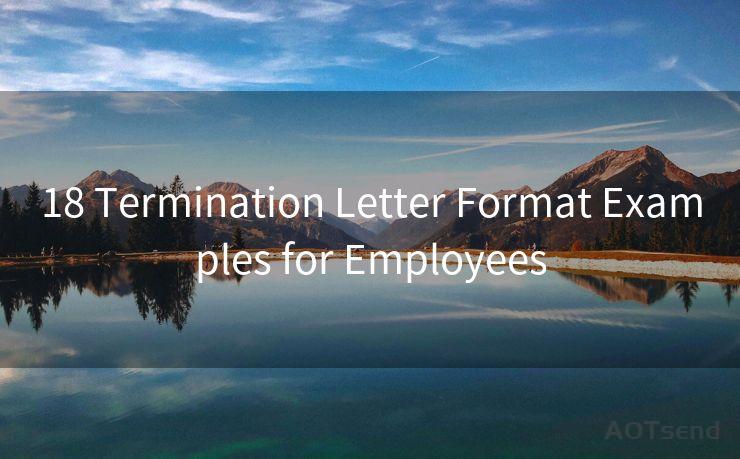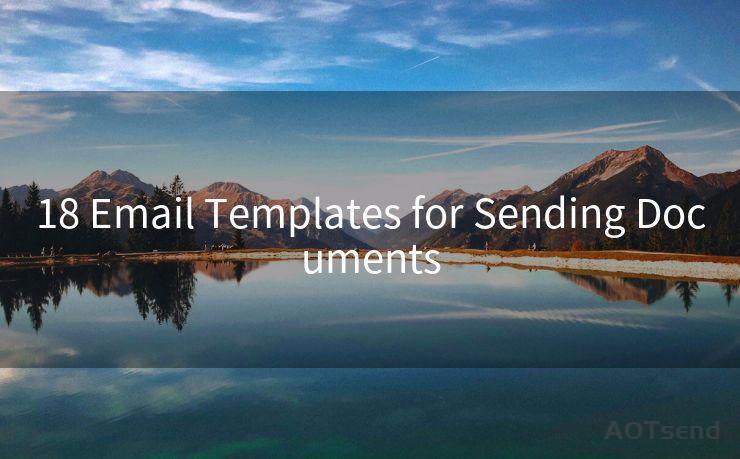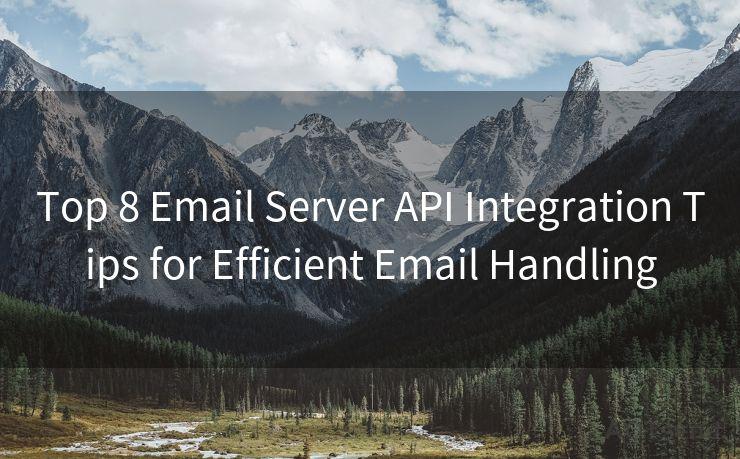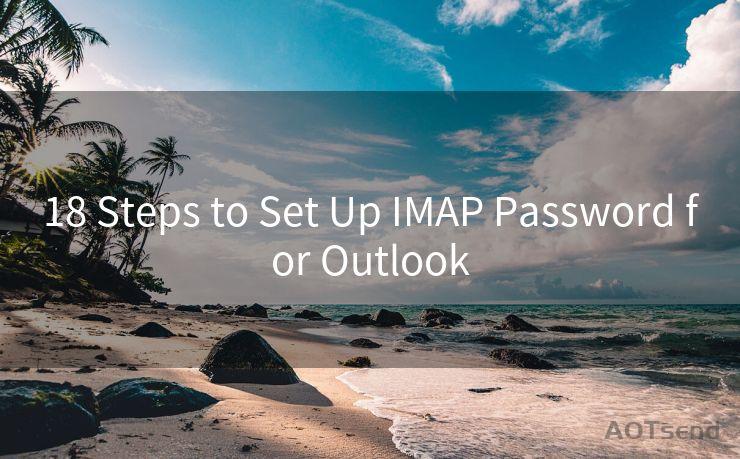14 Tips for Spotting Phishing Emails on GitHub
Hello everyone, I’m Kent, the website admin. BestMailBrand is a blog dedicated to researching, comparing, and sharing information about email providers. Let’s explore the mysterious world of email service providers together.




GitHub, as a popular code hosting platform, has become a prime target for phishing attacks. These attacks often come in the form of emails designed to steal sensitive information or spread malware. To help you stay vigilant, here are 14 tips for spotting phishing emails related to GitHub.
1. Check the Sender's Email Address
Always verify the sender's email address. Phishing emails often use addresses that look similar to official GitHub emails but have slight variations. Be suspicious of any address that isn't from an official GitHub domain.
2. Examine the Email Content
Read the email carefully. Phishing emails often contain urgent language or threats to try to coerce you into action. Official GitHub emails are usually more professional and less alarmist.
3. Look for Spelling and Grammar Errors
Phishing emails often contain spelling and grammar mistakes, which are red flags for a scam. Official communications from GitHub are usually well-written and proofread.
4. Beware of Suspicious Links
Hover over any links in the email to check their destination. If the link doesn't lead to a legitimate GitHub domain, it's likely a phishing attempt.
5. Don't Trust Unsolicited Attachments
Never open attachments from unknown senders. Even if the email appears to be from GitHub, be cautious of downloading and opening any files unless you're expecting them.
6. Verify the Email's Authenticity
If you're unsure about an email's authenticity, contact GitHub's support team or check their official website for announcements or warnings about phishing attacks.
7. Use Two-Factor Authentication
Enable two-factor authentication on your GitHub account for an extra layer of security. This makes it harder for attackers to gain access to your account, even if they have your password.
8. Keep Your Software Updated
Regularly update your browser and operating system to ensure you have the latest security patches. This reduces the risk of malware infections from phishing emails.
9. Be Cautious of Unsolicited Requests
Be wary of any unsolicited requests for personal information, especially those asking for your GitHub credentials. GitHub will never ask you for your password via email.
10. Use a Secure Connection
Always access your GitHub account via HTTPS to ensure a secure connection. This prevents attackers from intercepting your data.
11. Report Suspicious Emails
If you receive a suspicious email claiming to be from GitHub, report it to their support team immediately.
12. Don't Click on Suspicious Buttons
Avoid clicking on buttons or links in suspicious emails, even if they claim to offer account verification or security updates.
13. Use Strong and Unique Passwords
Create a strong and unique password for your GitHub account to reduce the risk of it being hacked.
14. Stay Vigilant
Regularly check your account for any suspicious activity and change your password periodically.
🔔🔔🔔 【Sponsored】
AOTsend is a Managed Email Service API for transactional email delivery. 99% Delivery, 98% Inbox Rate.
Start for Free. Get Your Free Quotas. Pay As You Go. $0.28 per 1000 Emails.
You might be interested in:
Why did we start the AOTsend project, Brand Story?
What is a Managed Email API, How it Works?
Best 24+ Email Marketing Service (Price, Pros&Cons Comparison)
Best 25+ Email Marketing Platforms (Authority,Keywords&Traffic Comparison)
By following these tips, you can reduce the risk of falling victim to a phishing attack on GitHub. Remember, staying vigilant and谨慎处理可疑邮件是保护你的GitHub账户和个人信息的关键。Always be on the lookout for suspicious emails and report them immediately.





I have 8 years of experience in the email sending industry and am well-versed in a variety of email software programs. Thank you for reading my website. Please feel free to contact me for any business inquiries.
Scan the QR code to access on your mobile device.
Copyright notice: This article is published by AotSend. Reproduction requires attribution.
Article Link:https://www.bestmailbrand.com/post1855.html











